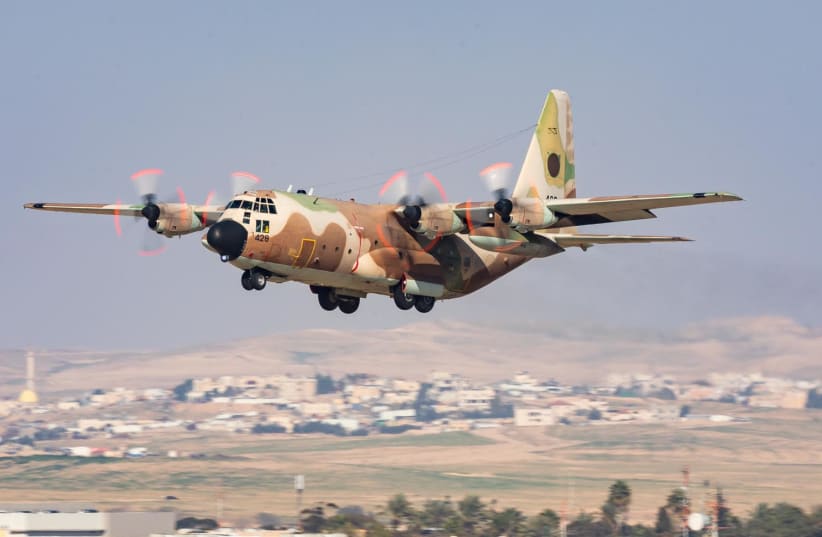As part of the deal, Israel will reportedly acquire another F35 squadron; four KC-46a tankers; 4,000 advanced munitions for fighter jets; advanced Iron Dome interceptors; an advanced long-range Arrow anti-missile system; and new sensors that will upgrade the aerial defense system against ballistic missiles.
Former Air Defense Corps commander Brig.-Col. (ret.) Zvika Haimovich told The Jerusalem Post on Wednesday that this procurement plan should be examined in two aspects.
“First, we should remember that this deal came three years later,” Haimovich said, referring to the fact that a disagreement between the Defense Ministry and Finance Ministry over the payment method of the deal caused a major delay in its approval.
“That created a major gap, mainly in the field of the aircraft. We are grateful that the deal is put forward, but should also understand that there’s a gap here – especially with the heavy lifters issue. It is kind of a medical miracle that the platforms are still functioning,” he said.
On the other aspect, Haimovich said that the new tankers will increase the Air Force’s ability to carry out wide operations, with multiple fighter jets in distant areas – such as Iran.
“The significance of tankers is in combat in the wider circles,” he said. “Places that are in a long-distance of a usual flight distance. De-facto, the tanker extends your period of time in the air, and your ability to respond. It is in fact extending the length of the Air Force’s arm.
“These tankers also have a strategic significance,” he added. “You can now put eight fighter jets over a country that is located some 1,500-2,000 km. away from Israel without the need to land and fuel up on the way – especially because there’s nowhere to do that.
“This tanker increases both the time and distance we can operate,” he said.
However, Haimovich stresses that despite all of the advanced equipment that Israel is procuring through this deal, the effect of it will be seen only in the long term.
“The outcome of the decision made today will be seen in five to ten years. We will not see an immediate change tomorrow morning” he said.
“However, it was important to take them now and to close the gaps that were created.
“This deal is important to keep Israel’s abilities in the region. Even if we look five years ahead, it is not that we expect a major change here, and it is important to plan ahead and be ready,” he said.
